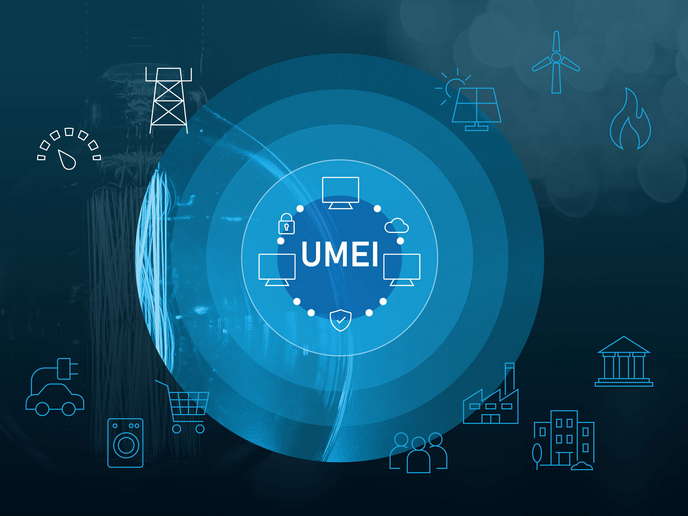Better stakeholder communication key to flexibility in energy markets
As Europe pursues greater reliance on renewable energy, the energy market is poised for transformation. Markets must adapt to flexible energy resources while simultaneously meeting increased demand. The EU-funded EUniversal project addresses this by supporting communication between stakeholders.
UMEI: universal market enabling interface
The rise of renewable energy and distributed energy resources (DERs) has complicated the energy market landscape. The multitude of new actors and diverse technologies makes communication between stakeholders more difficult, decreasing usability and driving up cost. Better data management is needed to simplify communication. The UMEI provides this. According to project coordinator Pedro Marques: “The UMEI represents an innovative, adaptable, modular and evolutionary approach that will be the basis of innovative services, market solutions and mechanisms for the active participation of consumer, prosumer and energy communities in the energy transition.” The UMEI is composed of application programming interfaces (APIs) publicly available on Github. It links smart grids with flexibility markets and coordinates communication between commercial parties and distribution system operators (DSOs). For the latter, the project also provides a specialised toolbox to help them solve their problems through the use of flexibility from Flexibility Service Providers (FSPs).
Distinct and diverse demonstration sites
EUniversal test sites in Germany, Poland and Portugal target specific goals in grid transformation. The Portuguese site allows researchers to assess needs in different areas while exploring medium voltage (MV) and low voltage (LV) network regulation. Marques says: “The operative objective is to validate the UMEI and the DSO toolbox in different contexts and scenarios. The demo has tested the provision of market-based flexibility from prosumers of the LV and MV grid via the UMEI.” Resilience planning in a flexible market is an additional important component of the demo. The German site focused on LV networks. The pilot examines the use of flexible resources for congestion management. Short-term congestion is a concern when integrating flexible energy sources, but mid and long-term congestion planning are important too. EUniversal considers seasonal effects, increases in renewable energy sources and new demands on electricity. The focus of the Polish pilot is dynamic line rating (DLR) and the new flexstation. The goal of DLR is to maximise load when conditions permit. The role of the flexstation is to automate control of technical constraints at the secondary substation level while using flexibility. The solution ensures advanced monitoring and control of low voltage grids, autonomous control, and monitoring of photovoltaic (PV) generation, energy storage and electric vehicle charging infrastructure, faster failure detection, as well as maintaining the grid voltage within acceptable limits, especially with high PV saturation. Its functionality includes the remote control the position of the tap changer (OLTC).
Harmonising flexible energy markets
EUniversal’s proposals are ambitious. To realise the potential of the UMEI concept, the project recommends several steps. Standardisation of APIs is desirable. The universal nature of continued growth and development of the UMEI relies on the universality of the building blocks that compose it. Standardisation is also desirable in the manufacture of appliances. Regulation in this area will facilitate data sharing within the energy market. Further, EUniversal recommends increasing capacity for aggregation through algorithmic development. Smaller scale DERs must be aggregated in order to participate in the market. In order to optimise the potential of these players, markets must do more to engage consumers. Currently, lack of awareness, incentive and confidence impede direct involvement. Digitisation of the energy sector is underway, and there is no turning back. Smart grids, DERs and the necessity of reducing greenhouse gas emissions are driving change at a rapid pace. EUniversal, by conceiving of a mediating communication structure for the energy market and developing the necessary tools to achieve it, addresses this challenge.
Keywords
EUniversal, UMEI, renewable energy, flexible energy, APIs, energy markets, DSO toolbox



